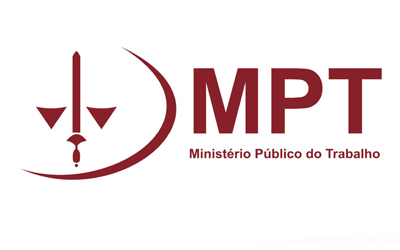The Challenge
Labor trafficking continues to be a significant challenge around the world, with the number of reported victims increasing by 47 percent between 2019 and 2022.1 Countries like Brazil primarily pursue and try trafficking cases in civil court to increase accountability of perpetrating individuals, companies, and organizations, offer financial restitution for survivors, and provide deterrence measures to prevent recidivism. However, prosecutors often struggle to keep up with the number of cases that they receive and the extensive investigative process required for each of them. This creates a backlog that can delay and even undermine anti-trafficking efforts. As such, there is a significant need for identifying effective tools that can help prosecutors process cases more efficiently and effectively.
To help prosecutors increase their workflow efficiency and investigative quality, Brazil’s Federal Labor Prosecution Office and Stanford University’s Human Trafficking Data Lab (HTDL) developed an AI-driven workflow. This tool uses an adapted risk model to help prosecutors identify and pursue cases with high chances of successful prosecution. It also uses an adapted large language model to provide support for more comprehensive lawsuits and settlements, while also integrating filings into the existing case management system. Evidence suggests that AI tools can effectively reduce delays and improve workflow management and decision-making for frontline workers,2 and early observations of the tool’s use suggest its promise. However, rigorous evidence in the context of prosecuting human trafficking does not yet exist. Can AI with human oversight strengthen anti-trafficking law enforcement and justice systems?
The Evaluation
In collaboration with FLPO and the SmartLab initiative (smartlabbr.org), researchers from HTDL are conducting a randomized evaluation to measure whether this new AI tool increases the total monetary value of civil penalties and the number of labor trafficking cases that go to formal investigation. The evaluation will focus on cases documented in Public Civil Inquiries (investigations) and Public Interest Civil Action (lawsuits), both of which are publicly available. The intervention spans 23 prosecutorial jurisdictions, which have been divided by caseload into the following groups:
- Above-median caseload (11 jurisdictions): Prosecutors in 5 randomly-selected jurisdictions with an above-median caseload will have access, training, and technical support for the expanded version of the AI tool integrated into their existing case management system; the remaining 6 jurisdictions will use the standard management system without the complementary information and serve as the comparison group.
- Below-median caseload (12 jurisdictions): Prosecutors in 6 randomly-selected jurisdictions with a below-median caseload will have the expanded system; the remaining 6 jurisdictions will serve as the comparison group.
Results
Results will be available in 2027.
Sources
1. Aminou, Oussoumanou, Fiona Dedei, Carolina Ghisoni, Claire Healy,Sylvain Keller, Lara Kuschlanski, Caitlin Oschadleus, et al. Global Report on Trafficking in Persons 2024. Vienna: UNODF, 2024
2. Gandhi, T. K., Classen, D., Sinsky, C. A., Rhew, D. C., Vande Garde, N., Roberts, A., & Federico, F. (2023). How Can Artificial Intelligence Decrease Cognitive and Work Burden for Front Line Practitioners?. JAMIA Open, 6(3), ooad079. https://doi.org/10.1093/jamiaopen/ooad079
Implementing and Research Partner













